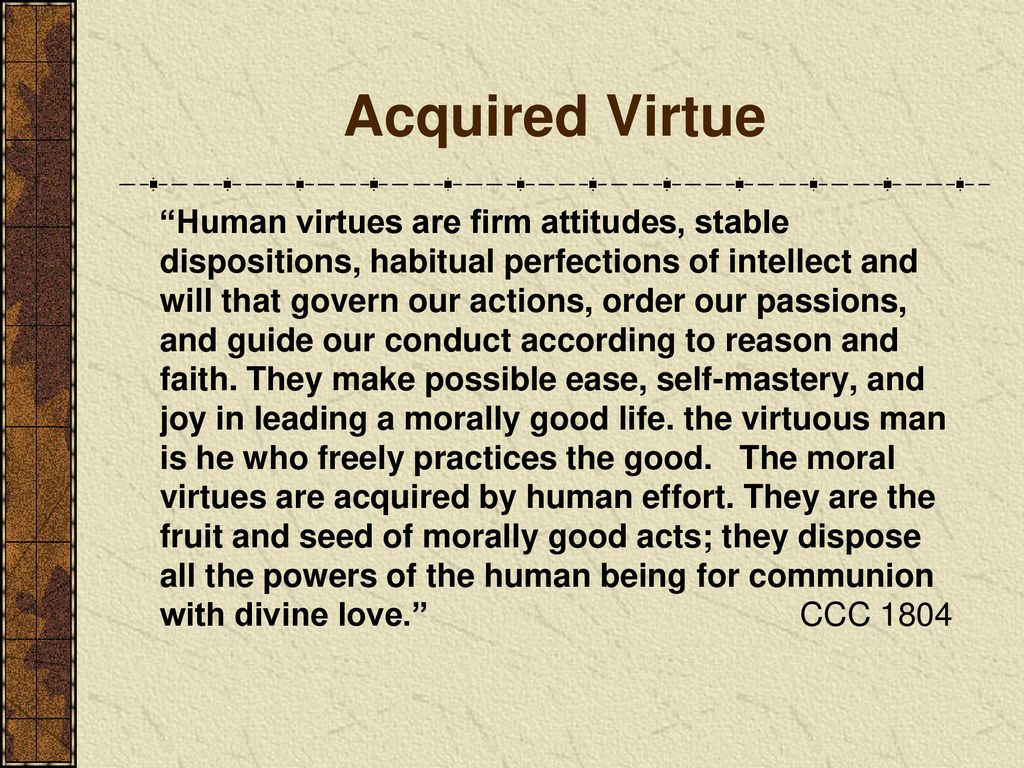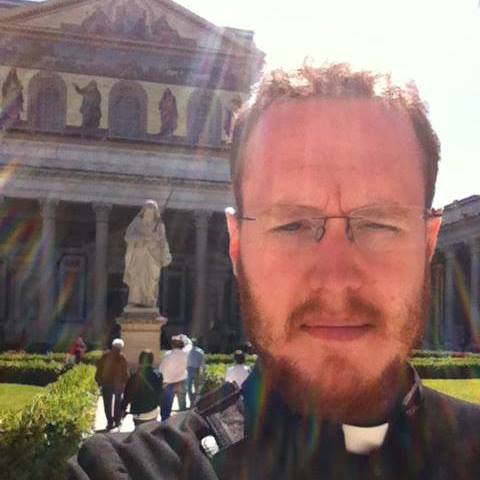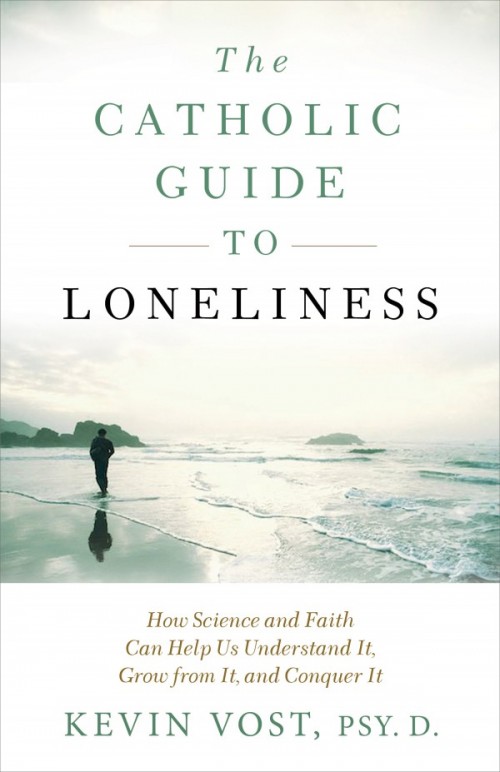
–cardinal virtues, 🙂 please click on the image for greater detail
God’s justice is not blind nor indifferent. It sees, acts, and loves.
Debitum and Personae: The Metaphysical Foundation of Justice
“St. Thomas in the Summa Theologiae understands the virtue of justice to be founded upon the notion of jus or right because, according to the classical definition of the virtue, it is by justice that one renders to another his due by a perpetual constant will.( Thomas Aquinas; Summa Theologiae II-II, 58, 1.) Justice directs man in his relations to others according to some kind of equality or rightness.( ST II-II, 57, 1; De Veritate 23, 6.) This relation of rightness is what is meant by jus. It is a right that is due to other men, and it is this object which specifies the virtue. As such, it is logically prior to the virtue itself which perfects a man so as to render this object swiftly, easily and gladly. Hence Thomas treats the question of jus before he does that of justice.
The notion of jus then is a complex notion. It is a relation that at once incorporates equality and the fact that it is owed, or a debitum. These two poles of what is involved in the notion of jus, i.e. being equal because it is natural and being owed, seem to create an incoherent tension. All men are equal in being owed rights by others, which are their rights by nature as rational beings. By means of the jus, i.e. right, humans are related to each other as equals, since it derives from common human nature.
Yet everything that is owed to someone seems to be lacking to the one to whom it is owed; this seems to be just what is meant by the word “owe.” What is owed is a possession, or thing that is owned, yet lacking to him who owns it. This is easy to see in the case of material possessions. I may own a car and have lent it to a friend. When he has finished using it, he owes me the return of the car in the condition that I lent it. While my friend is borrowing the car, I at once own it and am owed its safe return. This case of ownership and being owed the thing I own, is not a problem since a material possession like a car is extrinsic to my nature. The question may be asked, however: If men have rights that derive from their nature as men of which they always have possession, how can these rights be owed them by others? Either one has his own nature, and cannot stand in need of it, or what one is owed is not natural to him, but extrinsic. In an age that often merely assumes inalienable rights and begins to show an inclination toward extending rights to things non-human, it would be useful to examine what relation this basic, yet complex element of the ethical and legal theory of St. Thomas, jus, has to his metaphysical framework in order to see that rights belong to only humans and yet belong to every human.
A human being is characterized metaphysically as a person, an individual suppositum of a rational nature.( ST I, 29, 1.) The person is not only made to act but acts of itself, that is to say, a person acts freely. As rational, the human has dominion over his or her actions, since it is just in acting in accord with its rational nature that a person is free. Human freedom, then, is intimately linked to human rationality. And as rational knowledge unites the person to the world, freedom also is grounded in the structure of reality. Freedom, as belonging necessarily to a rational person, explains how a person owns anything, such that the person might be owed a debitum.
And though not necessary, a person’s free choices are one’s own because they follow the necessary tendency of the will which is the person’s own. The things that are in fact means to the necessary end of the will can be specified by reason under some aspect other than as ordered to that end. For every object that is presented to the will, reason can focus on some aspect of it that will make it more or less desirable to the will. Thus one can find in some particular thing that is a necessary means for attaining universal goodness an aspect under which it is less desirable than some other thing that is not a means to universal goodness at all. Such specification is contrary to the truth of the things themselves. Yet the will is able to choose these things under this false specification. This, then, requires some power to perfect the intellect in its specification, such that necessary means are seen to be necessary by the rational relation they bear to the ultimate end. Knowledge of this necessity is rational; it follows upon the use of reason determining what is necessary to attain the end in some particular circumstances. This is practical reason perfected by the virtue of prudence.
The debitum that is a natural right follows upon a rational nature; rights are owed to persons, all persons and equally. From the side of the other person to whom the debt is owed, freedom means that the free person has dominion over his acts and thus owns them. As ordered to an ultimate end, a person is owed the right to pursue that end, the end of his own perfection. This end, however, is realized in that for the sake of whom things are done; it is realized in the ultimate end, universal goodness which is God. Thus a person’s own end, which is his right to pursue, is in his attaining final beatitude in the vision of God.
Persons act for their own sakes by acting according to reason, and reason reflects reality. Reality, in its turn, reflects God’s Wisdom as his providence has ordains things to be for his own sake. And so in conforming to reality, the person conforms to the good will of God that orders reality. That the will has been ordered to operate according to rational knowledge at once relates its operations to reality and relates the person to him who so ordered it, i.e. to God. Thus God who has made persons act for their own sakes, makes them to act freely according to rational knowledge and love of universal goodness. And this universal goodness is God himself.( DV5, 5.)
All human persons are equal in their rights, since their rights derive from their equal and common nature that in each of them is the source of each of their unique personality. And anything that does not share in the rational nature in which humans share, but has an inferior and non-rational, un-free nature, is not equal, and has no rights of its own. Animals, strictly speaking, have no rights because they do not have dominion over their actions but are simply made to act. They are already in possession of everything they naturally own and could possibly be owed them. Since they do not act of themselves, nothing natural yet due them could possibly be their right.
If the nature of person naturally entails rights, what then are the rights due to persons in virtue of their rational personhood? On the part of the person to whom a debitum is owed, the debitum consists in what it owns or possesses by internal necessity. Since personality is, first of all, a self-possession based on intellectual knowing and loving, personality is of itself ordered to communication. This requires other persons both able to know and love and be known and loved for any person to exercise its nature. Thus, the person is immediately and intrinsically ordered to a society of equals, and such a society is his right.
Insofar as humans are rational animals, the human person has a right to actualize and perfect its own rational activity in overcoming the interference of matter, and the passions. The person thus has the right to exercise his freedom and grow in its use. And since the rational nature requires the perfection of virtues to do this (as we saw in the case of prudence) there is a right also to be taught virtue and the discipline of education. Though virtue is learned through the repetition of acts which the person must do for himself, the potential to acquire such virtue is rooted in the rational nature.( Bernard Ryosuke Inagaki; “Habitus and Natura in Aquinas”; Studies in Medieval Philosophy; J. Wippel, ed.; (Washington: Catholic University of America Press ,1987); p. 169.) Thus, the person has the right to be taught virtue by the virtuous of society insofar as it can be taught. Persons have rights to just and moral laws.
The perfection of nature that consists in the virtue of justice likewise requires that persons be social. As we have seen, rational persons have owed to them from their equals certain rights arising from their very nature. The virtue by which these rights are rendered is justice. And more than the other virtues to which persons have rights, justice requires that there be others to whom the person can owe rights, and thus perfect his own virtue of justice. Since a person is ordered by its very nature as rational to give to another his due, this other remain in society with the person. He to whom a debitum may be rendered by a person owes it to that person to be available to receive his due. By conforming their own actions and dispositions to be in accord with the ultimate rational end, God, as he ordered reality, persons attain their ultimate end, ie. the goodwill of God in their own will perfected through justice. By becoming just and developing a goodwill conformable to the goodwill by which the person is ordered, namely God’s, the person attains the end to which it was ordered, namely God. And this is only possible in society.
All this is from the point of view of humans considered in their rational, spiritual personhood. Without ever considering the actual material condition in which human persons are found, one can already see the basis for right- claims upon others, and the duties of justice owed to them. Yet when this material condition is also taken into account, the obligations to render due another’s rights becomes obvious in virtue of the fact that one’s life is necessarily one’s own and so must be due him. Thus those things necessary for a material existence, like continued life and sustenance and the means to earning a livelihood are also debita.( Jude P. Dougherty; “Keeping the Common Good in Mind,” The Ethics of St. Thomas Aquinas, p. 197.)”

-by Br Cyril Stoa, OP
“Injustice is easy to find. Every day, people break their word, slander and insult others, deface property, blaspheme, dodge duties, elude laws, and lie. These deeds offend God, hurt others, and deform the people who do them. Anger is our natural response to injustice, for we want the transgressor punished and justice restored. When guided by reason, anger’s ultimate end is justice, and it is good. Its flames can refine society, but they can also blaze out of control, burning what they should purify.
Injustice is easy to find among any group of people, so it is easy to provoke anger against any group. Journalists, talk-show hosts, and politicians often take advantage of this by compiling clips of their ideological enemies committing crimes or asserting absurdities…
{We can view] injustice solely as a political problem caused by ideological opponents…They make perceived injustice inflame our anger and burn our reason away.
In the words of St. Benedict, the resentment that such anger feeds creates an “evil zeal of bitterness which separates from God and leads to hell.” Someone may have good judgment and a deep understanding of justice, but if these combine with bitterness and anger he can lose sight of his well-reasoned goal. Disputing others becomes a self-satisfying end. “I showed him,” one may say, yet the point of an argument is to establish truth, not to win victory. Seeking victory over truth makes us unjust, it prompts us to slander or misrepresent or lie. It is important to judge and correct, indeed we are called to judge angels (1 Cor 6:3), but we must not let our anger mold us into ideological gladiators. If someone offends us, we’re called to forgive. We should not respond to slander with slander nor broad strokes with broad strokes. [Ed. We are called to love, and admonish the sinner, and instruct the ignorant in love, as spiritual works of mercy. Justice is a cardinal virtue.]
Truth and justice matter. We should work for them. Yet if we slander others, if we commit injustices out of a desire for justice, or if we lose sight of reconciliation, then our zeal is a false zeal. It is the zeal of bitterness and not the zeal of justice. The hunger and thirst for justice that Jesus teaches is greater. It forgives as it condemns, it invites as it corrects, and it attacks the injustice within the heart before it looks to the injustice outside. Injustice is easy to find, and if we respond to it wickedly, we only make it more manifest.”
Love,
Matthew










